Review: Love, family and Gen Z culture collide perfectly in Parwarish
There’s something deeply comforting about a story in which the characters feel like people you already know; maybe they remind you of your own family or of that one friend who has always been your constant.
That’s exactly what Parwarish taps into. A joint family setup, the push and pull of different generations, a little chaos in the kitchen, and all the small, fleeting moments that quietly carry emotional weight.
From the trailer, I had my doubts. The world looked nostalgic, sure, but the cast was mostly young and unfamiliar. Truthfully, I’m a bit of a cast snob, and I wasn’t sure if this cast would hold up, but just a few episodes in, I was sold. Not because of big twists or dramatic reveals, but because of the emotional truth at the drama’s core. Parwarish’s strength lies not in what it dramatises, but in what it observes and delivers — the silences, the shared spaces and the love that sits quietly under frustration.
Up-and-coming actors Samar Jafri, who plays Wali, and Aina Asif, who plays Maya, star as the romantic leads of the show, with Abul Hassan as Sameer and Reham Rafiq as Amal portraying Wali’s cousins.
At the heart of it are two brothers — Suleman (Saad Zameer) and Jahangir (Naumaan Ijaz). Suleman lives in Karachi with his wife and two children, while Jahangir has returned from the US after years away, bringing with him a wife and kids who weren’t entirely on board with leaving the life they had built abroad. That resistance still lingers in their communication, quiet tensions, and unspoken regrets.
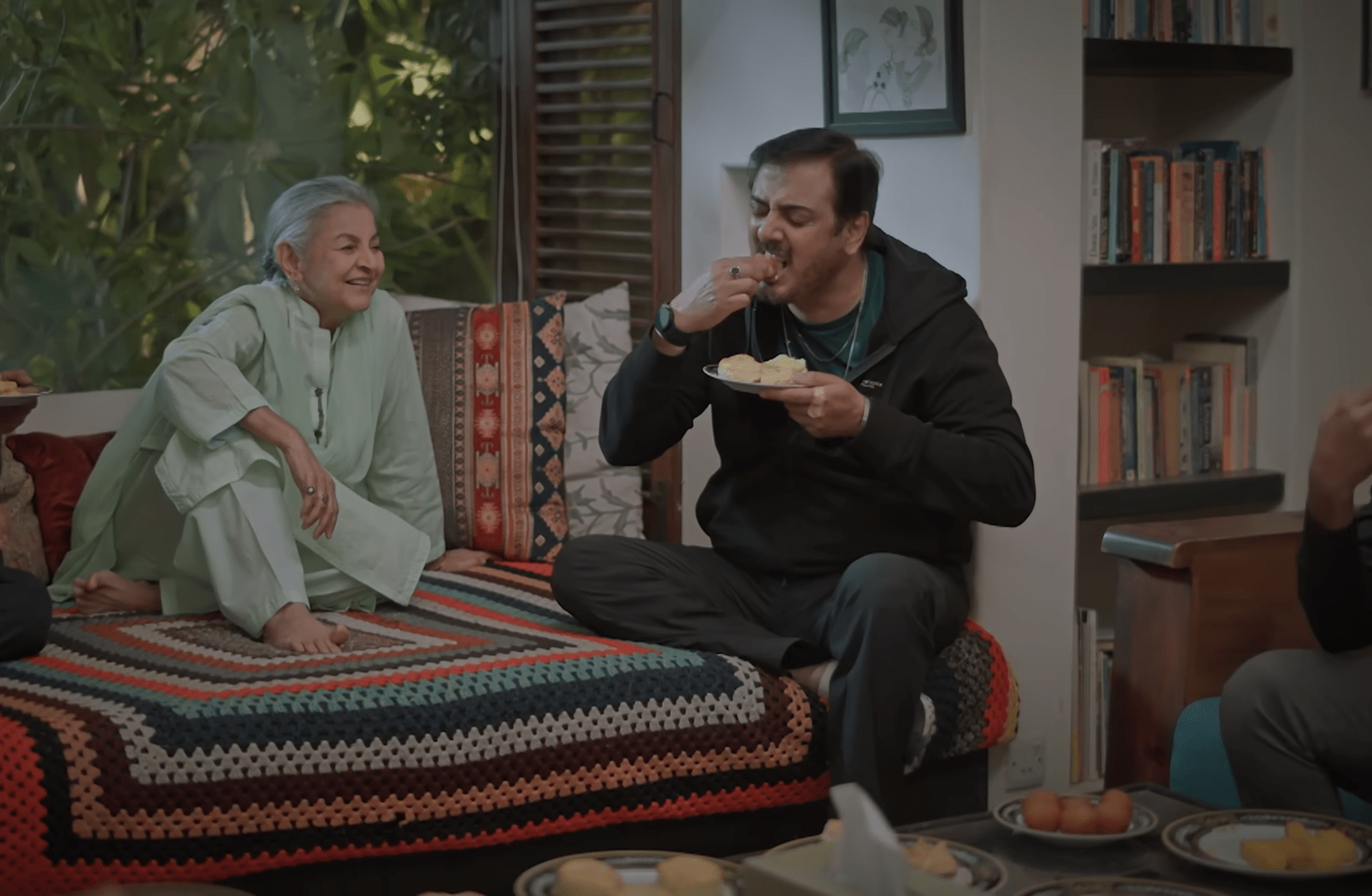
The two brothers are poles apart as parents — Suleman is present, warm and emotionally available, while Jahangir is more controlling and often manipulative, his authority masking a deep need to maintain control. Both families now live under the same roof, and naturally, the dynamics are tense.
The wives are different too — the elder (Savera Nadeem) doesn’t believe in fitting into the traditional setup, while the younger (Saman Ansari) is more accepting of that daily routine. And between them all, something is quietly taking shape; a new kind of coexistence, with everyone figuring out how to make room for each other.
Initially, the cousins barely knew how to share a space, but as the show has progressed, we’ve watched them grow into a perfect balance of teasing, supporting, and standing up for each other, the kind of bond that feels very familiar if you’ve grown up surrounded by cousins as many Pakistanis have.

It’s a dynamic we don’t often see onscreen — young, Gen Z characters with real, evolving relationships. In the middle of all this are the elders — Arshad Mehmood as the grandfather, with his soft-hearted warmth, and Shamim Hilaly as the quietly commanding grandmother who holds the home together in her own gentle way.
But Parwarish doesn’t just focus on one household. There’s a second, more modest home where the emotional weight feels heavier, a middle-class, white-collar family that lives under the constant pressure of maintaining respectability.
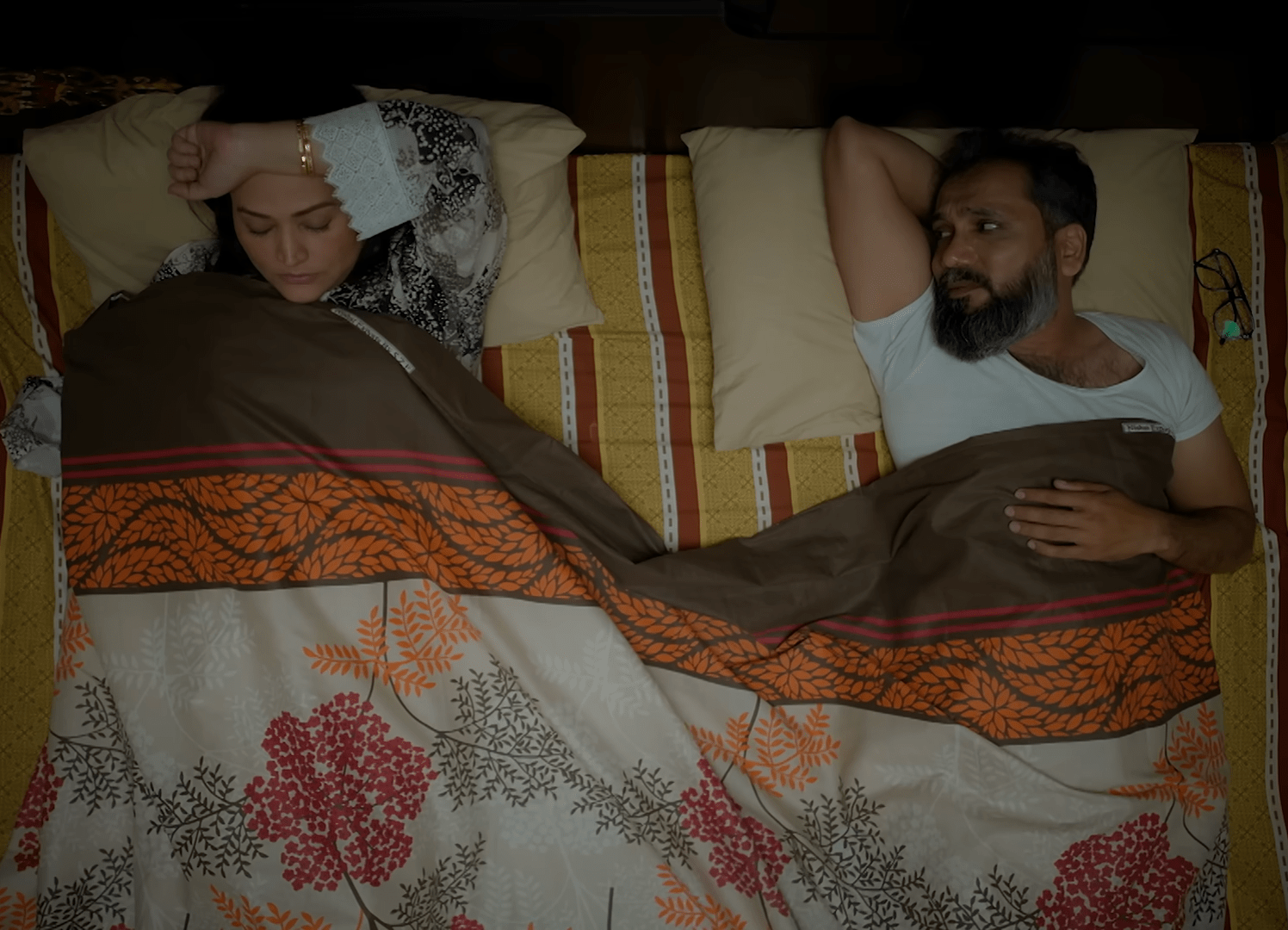
The father, played by Nazarul Hasan, is rigid and conscious of his surroundings, raising two daughters with one goal: to get the elder one, Maya (Aina Asif), married off. It’s the kind of home we see all around us — quiet sacrifices, emotional silences, and societal expectations that weigh heavier than anyone admits.
Maya, an MBBS student, agrees to get engaged to someone who isn’t her love interest, Wali, because it’s the only way to continue her education. Her decision is one of those quiet emotional bargains many girls make, sacrificing a little freedom for a bigger dream, however, her engagement breaks off in a later episode.
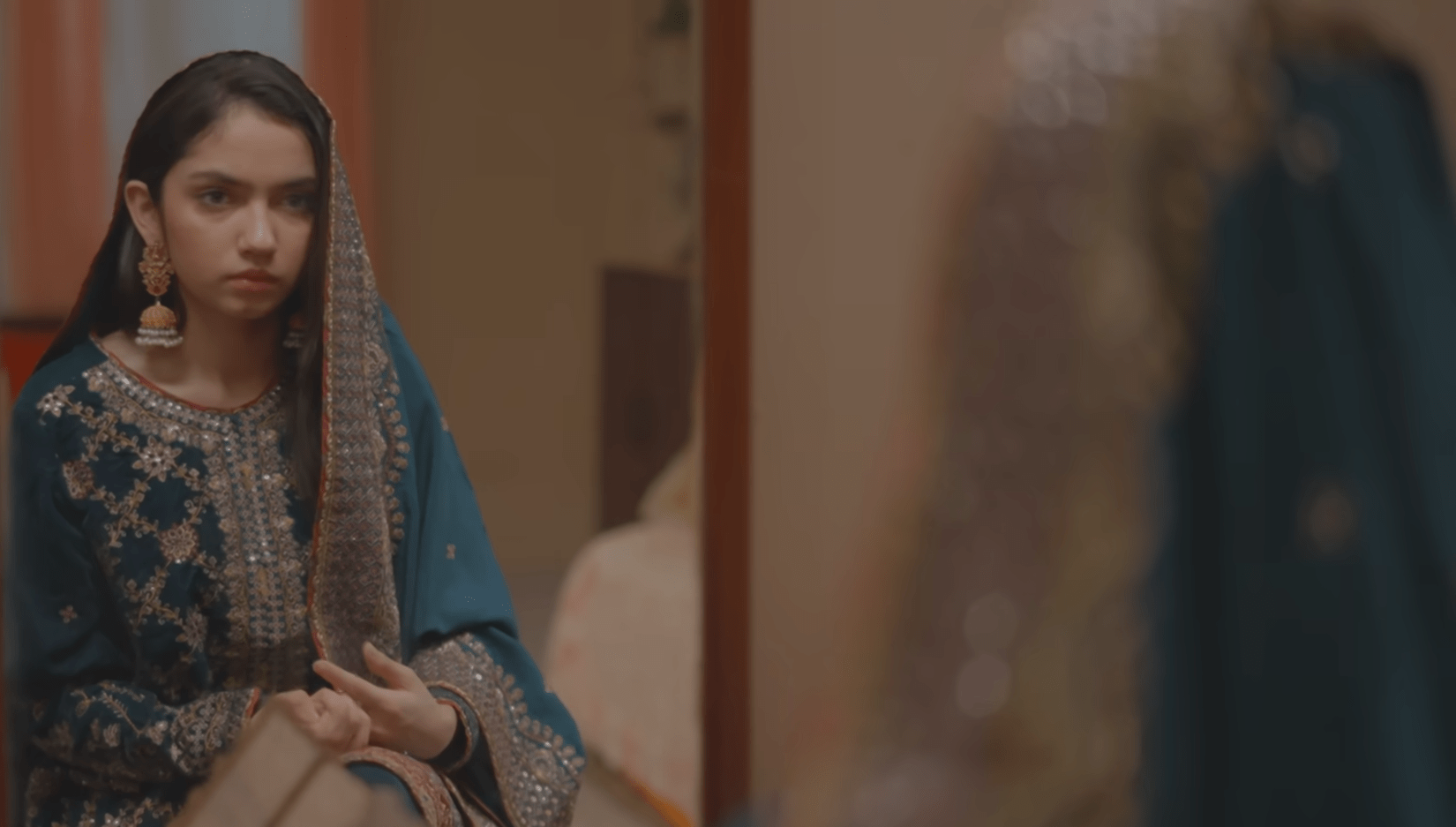
The class divide here is more than a theme; it’s part of the emotional terrain. One of the most unforgettable moments is when Maya’s father visits Wali’s house and says, “Hum aap logon ki tarah iss society say nahi belong kertay jahan yeh baatien do teen dinon mein dab jaati hain [we don’t belong to this society like you do, where matters die down in a few days].
That line and the pain behind it are a truth many families live with but rarely say out loud. Parwarish excels in writing that feels real.
Writer Kiran Siddiqui doesn’t try to be poetic or profound for the sake of it, she writes how people actually speak. There’s brilliance in the ordinariness, in how siblings tease, in how silence sits in a room, in how the words that go unsaid often speak the loudest.
Family dynamics — no villains, just people
What I love most about Parwarish is how natural everything feels. There are no overdone villains, just regular people with everyday tensions, quiet biases and personal struggles. The grandmother (Hilaly) prefers her wealthier daughter-in-law, who has just returned from abroad. She uses desi totkas or home remedies and old-school parenting wisdom, something that’s all just so real and something many go through with their own grandmothers.
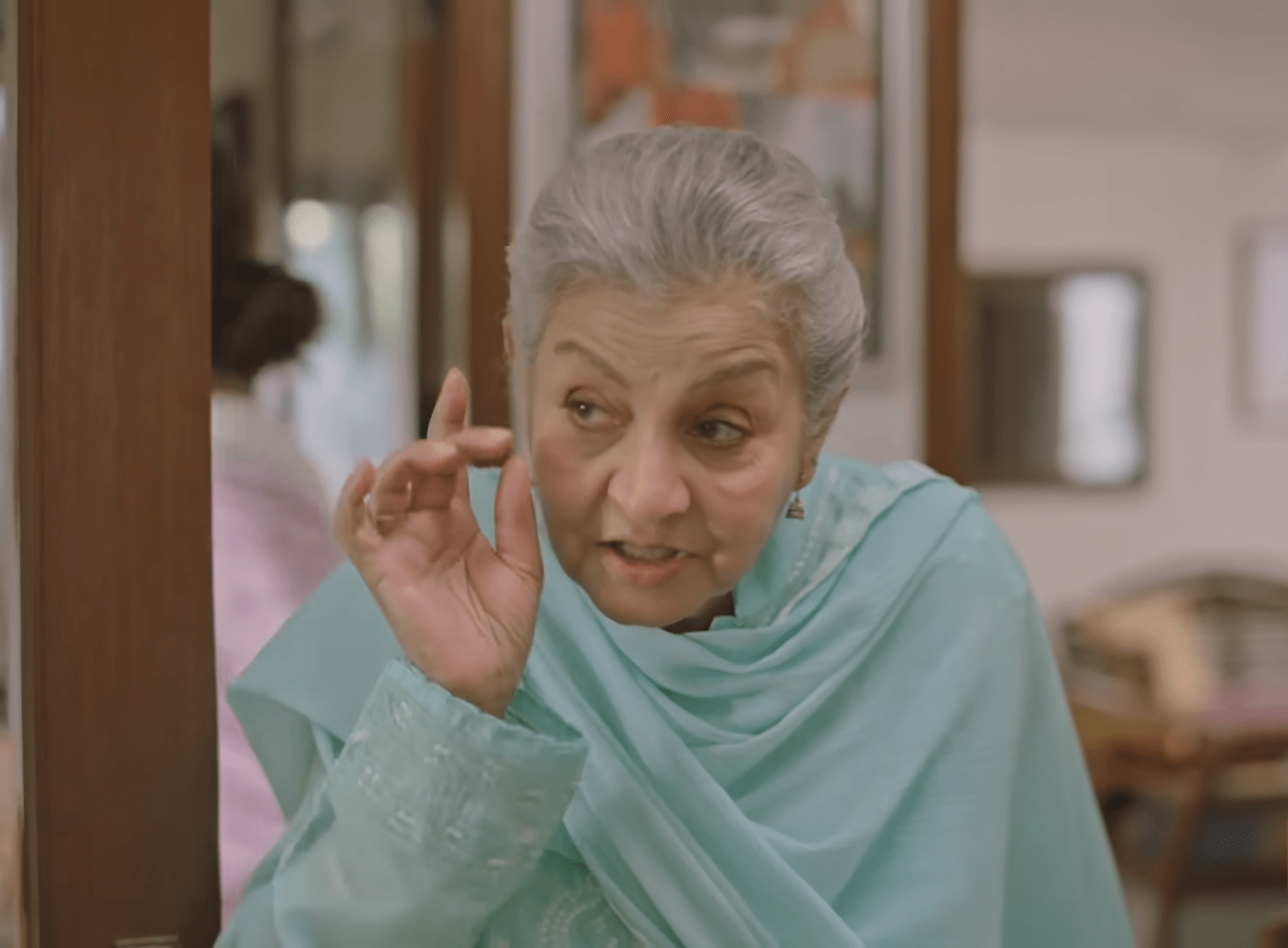
The tension between the two daughter-in-laws played effortlessly by Ansari and Nadeem is equally authentic. Their silent glances, struggle for acceptance, and emotional distance are all true to the reality — nothing over the top or dramatised.
The cousin bond is also something special. Parwarish is perhaps the first drama that truly captures Gen Z cousin dynamics — the teasing, the fallouts, the under-the-table alliances. If you’ve grown up in a big family, you’ve lived these scenes your entire life.
In the most recent episode, we have entered a new chapter: Wali, alone, trying to figure out love, identity, and whether he can live on his own terms. Both households are holding their breath, unsure of what comes next.
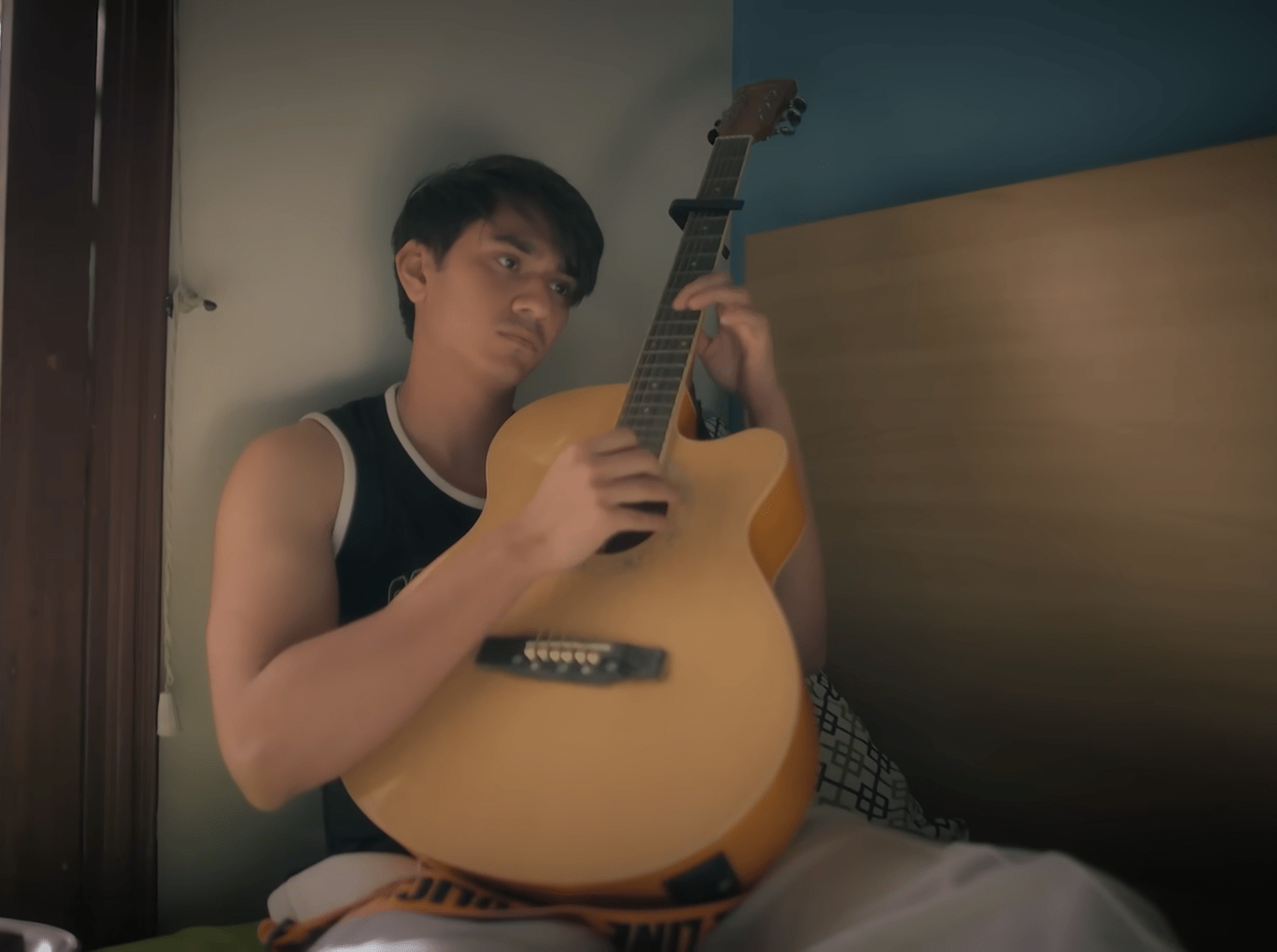
The scene that truly leaves a lasting impact is when Maya’s mother (Bakhtawar Mazhar) finally finds her voice. Her husband raises his hand at their daughter, and she steps forward, not just to stop him, but to stand by her child. Her voice trembles, but her belief doesn’t. She chooses to believe in her daughter — something so many mothers want to do, but often lack the strength or confidence for.
That moment was not just about defiance; it was about love. It was about breaking generational silence. What followed, when Maya’s father barged into Wali’s home in frustration, was another standout with Nazarul Hasan and Mazhar saying so much in those unsaid words and expressions. Their performances in these scenes are a masterclass in restraint and power.
Richness in details
Speaking of restraint, the show’s romantic subplot — Maya and Wali’s budding connection — is sweet and young. But here’s where it gets tricky. Aina Asif is only 16 years old in real life. Her character is meant to be around 19, a first-year MBBS student. While romance at that age is natural and real, centring the emotional weight of the show on such young characters, especially one portrayed by a minor, needs careful balance.
These are kids, and when a drama is called Parwarish, it’s important that its heart remains rooted in parenting, growth, and generational complexity, not just young love. The romance can be sweet, but it shouldn’t become the main act. Otherwise, the core identity of the show starts to shift.
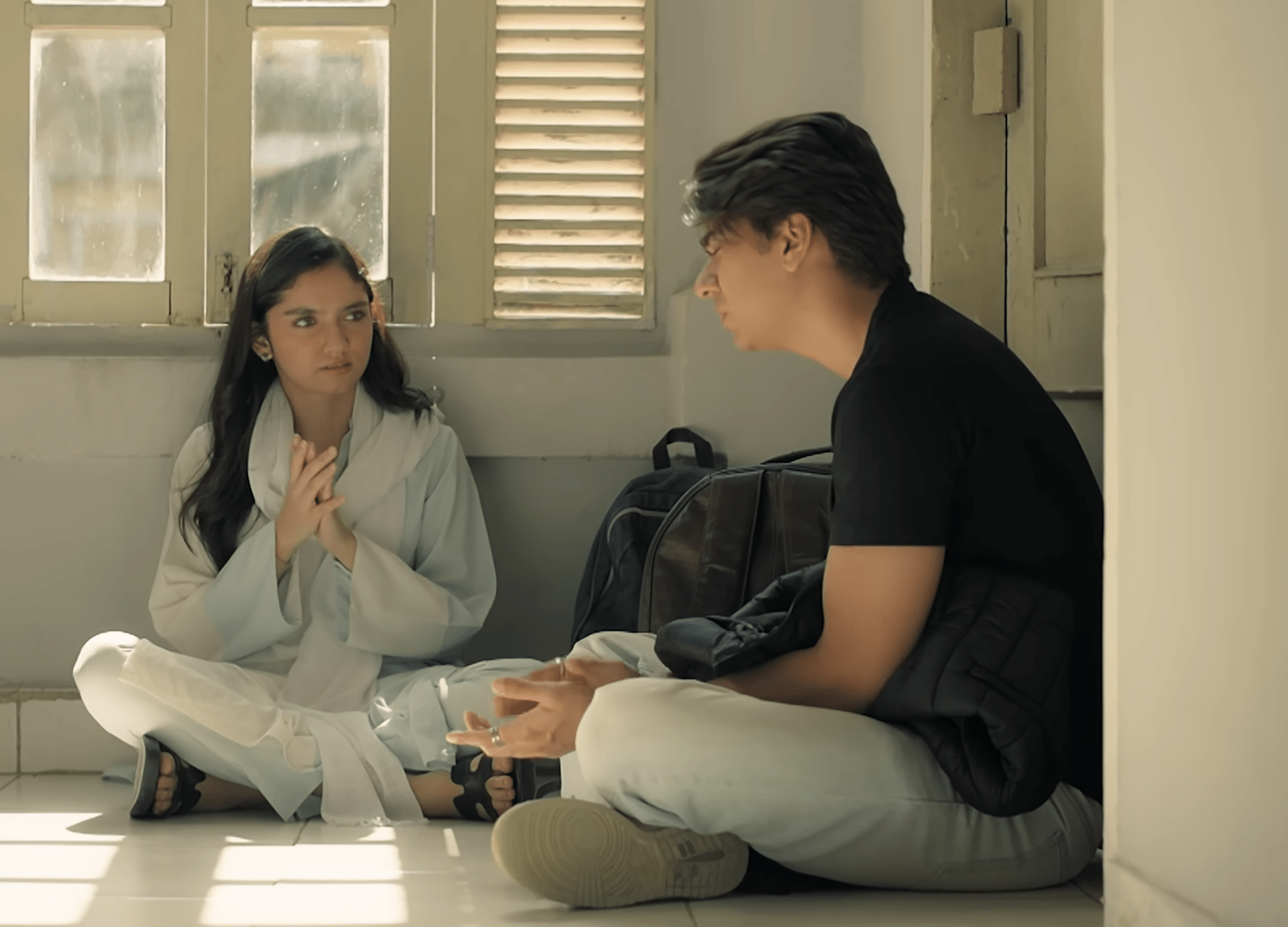
And then there was that attempt at Gen Z lingo in episode 13 — ‘skibidi’, ‘sigma’, and other trending words awkwardly stuffed into dialogue. It barely lasted two minutes, but it felt like a Google search for ‘how Gen Z talks’ come to life. These moments can be fun, but only if they come naturally from the characters. Otherwise, it just sticks out like a hashtag that doesn’t belong.
Visually, Parwarish is thoughtful and beautifully crafted. Director Meesam Naqvi builds a rhythm into every scene, letting moments stretch, giving space to silence, and allowing emotions to breathe. Whether it’s someone sitting alone on the stairs or a quiet glance exchanged in the kitchen, every frame feels intentional.
The production design is rich in detail, from the roti maker to the mortar and pestle, everything in that house feels real, lived-in, and familiar. The colour palette is soft and earthy, like a memory.
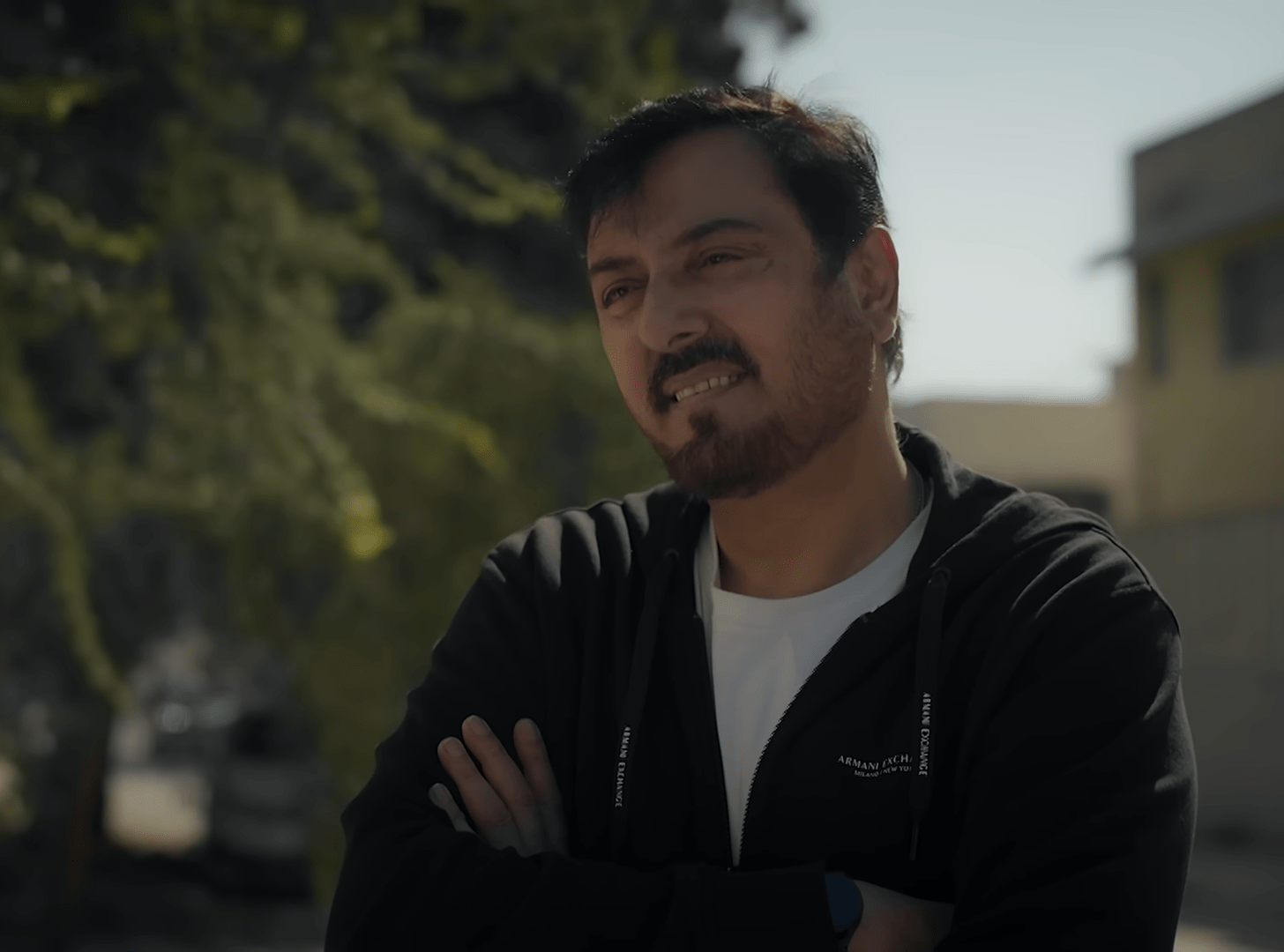
And then comes the acting, which is the heartbeat of the show. Ijaz and Zameer bring a deep, unspoken history to their roles as brothers. Mehmood is the gentle, loving father figure, while Hilaly is quietly commanding, holding her family together with grace. Mazhar and Nazarul Hasan deliver some of the most emotionally layered performances. You might not agree with the characters, but you feel their pain.
Asif is brilliant — composed, authentic, and emotionally present. Jafri is entirely natural, his expressions subtle and honest. Reham Rafiq, Noraay Zeeshan, and Abul Hasan make for a relatable and well-balanced cousin crew, with Abul especially bringing comic timing and charm that never feel forced.
Nadeem and Ansari as the two daughters-in-law are outstanding. Whether they’re sharing glances across a table or navigating the silent politics of shared household work, they bring quiet power to every scene.
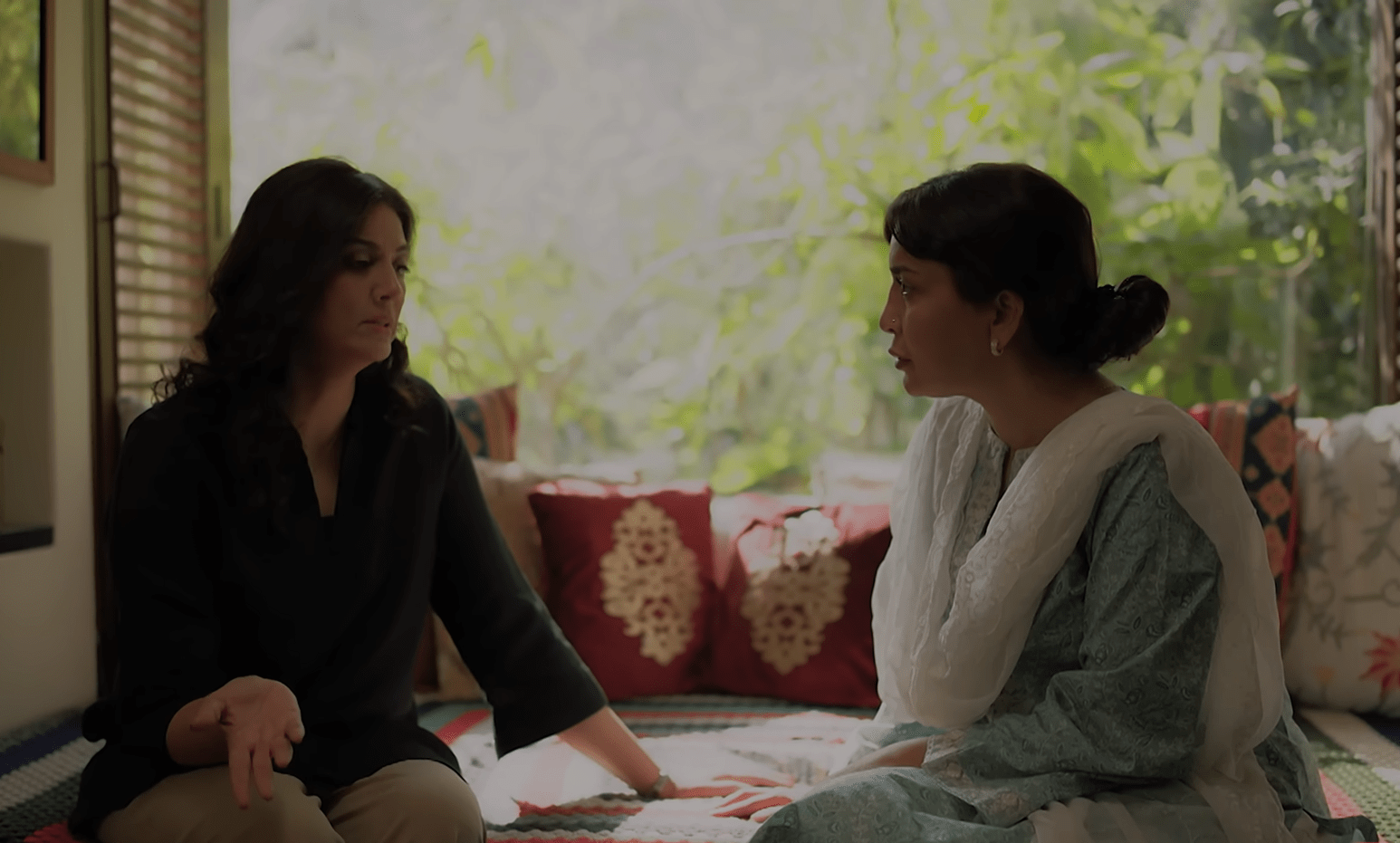
Parwarish started as a comforting family drama, but it’s grown into something deeper — a drama about identity, class, parenting, love, and the unspoken stories we live through.
It speaks to everything millennials have grown up navigating the expectations, the unacknowledged pressures, the relationships that fracture not from fights, but from silence.
And above all, it reminds us of the one thing that holds families together: communication, because when that breaks, everything else slowly follows.
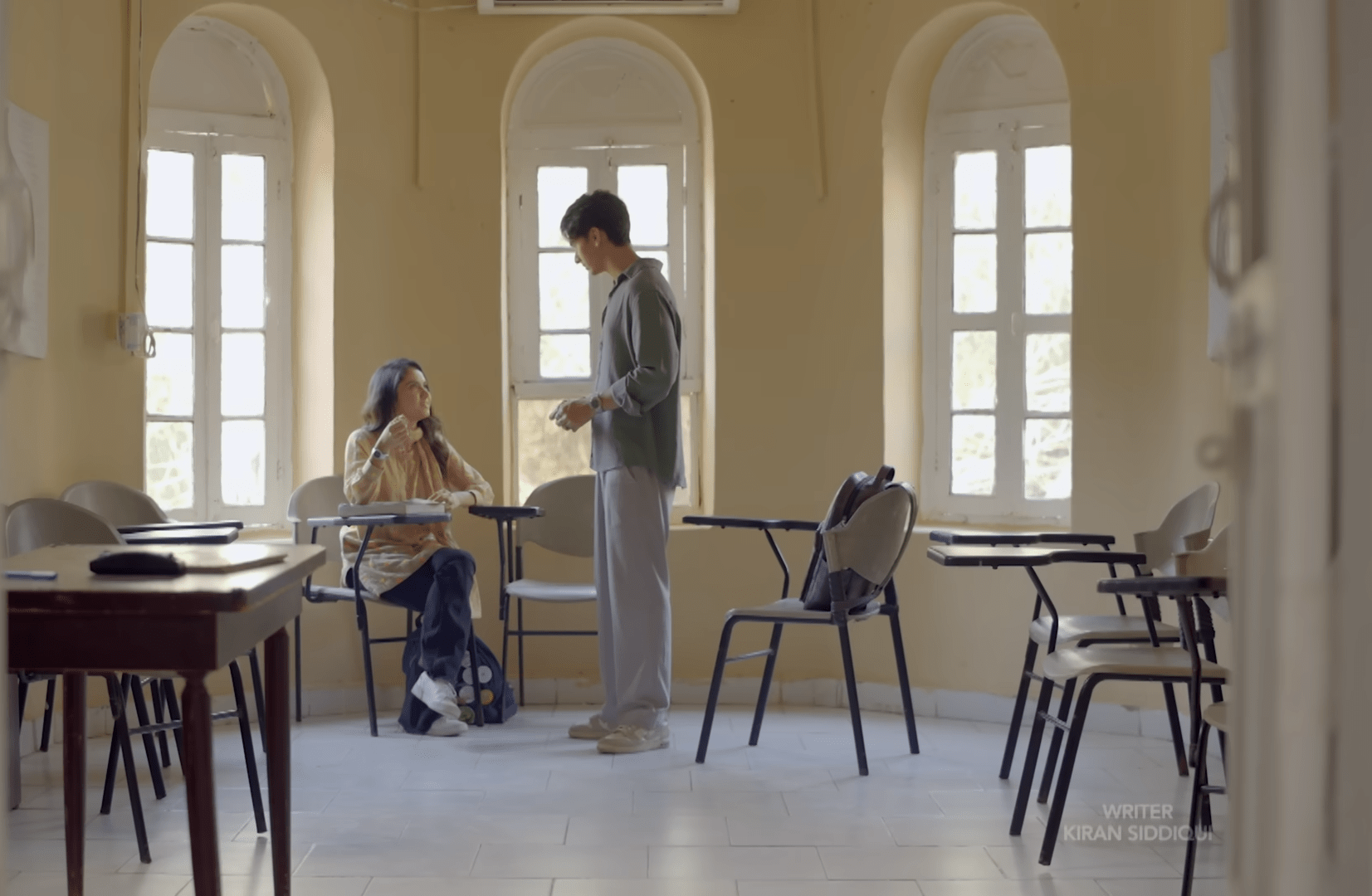
If Parwarish continues with the same sincerity and emotional honesty, it won’t just be a drama people watch. It’ll be a drama they remember in conversations, in quiet reflections, in moments they never thought they’d see on screen.

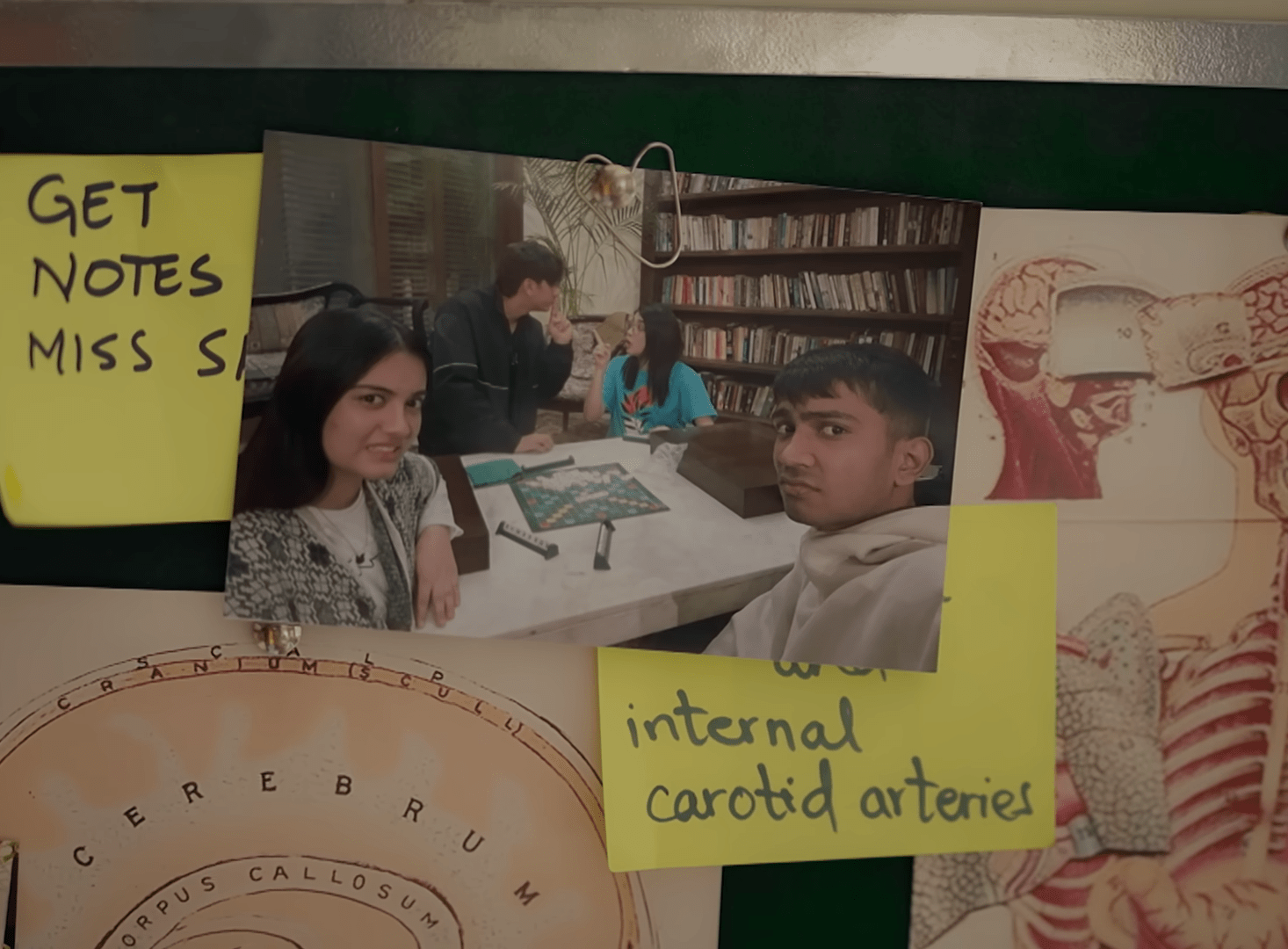
Comments